For starters, zero waste is not the same as recycling.
Zero Waste goal is a bigger concept which is to eliminate waste by circular economy approach. Video below explained on what is circular economy
Let’s understand on what different terms on Reusable, Recyclable, Biodegradable and Compostable actually mean when you practice Zero Waste.
Resources are valuable. Recycling plays a tiny role to recover some materials but it’s just not the solution
First, we focus on buying on what we need
Then, reuse as much as possible. Reuse lengthen the life of an item or material. Choose to reuse and refill at Bulk and Zero Waste Store
Last, recycle and composting
Before recycle, you reuse it to refill until the end of product lifespan.
Avoid disposables such as single-use plastic straws, to go coffee cups/bubble tea cups and plastic water bottles.
When you shop at Zero Waste Store, you often come across the term compostable and biodegradable. There is plenty confusion between biodegradable and compostable term advertised on products
For something to be biodegradable, it will break down to its components given the right conditions and presence of microorganisms. Biodegradable is a natural process
Typically, for a products/materials to be claim as biodegradable, the breakdown times between six and nine months
However, when biodegradable products are dumped into landfill, they often get buried. Without oxygen, they will creates methane which is bad for environment
Compostable products are all biodegradable. Compostable products require composting environment to break down completely
Compost products should not be thrown in the garbage
There are different method of composting that you can explore
There are similarities between biodegradable and compostable but they have different impacts on environment. So the next time when you buy products, do ask for the information:
1) are they biodegradable or compostable
2) how long do they biodegrade or decompose
Circular economy resume products into the system fully reflects nature
What is the best option?
The best option is REUSE AND REFILL
Choose takeaway for food and coffee with your own reusable containers. Refill your household essentials products using your own containers. Advocate the idea of reusing items until they become unusable where possibleIf reusing option is not available, seek for compostable options. We need more green start-up to venture into producing compostable materials.
Sadly, commercial composting option is not popular in Malaysia
More education needed to educate public on how to dispose biodegradable products.
Moving forward, we should also encouraging the right way to recycling and provide recycling facilities for the community
It is not a simple goal.
Choose to reuse
Choose to refill
Yours sincerely,
Jaclynnd Wong
Co-founder


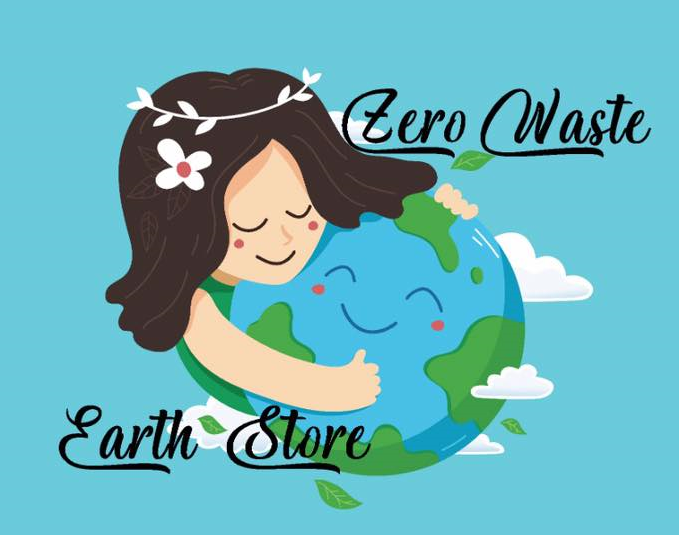
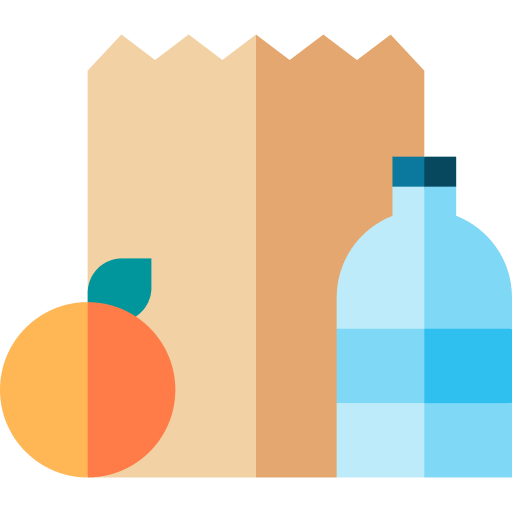
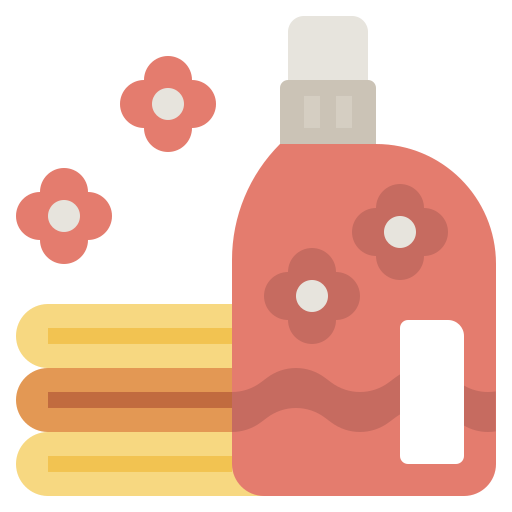
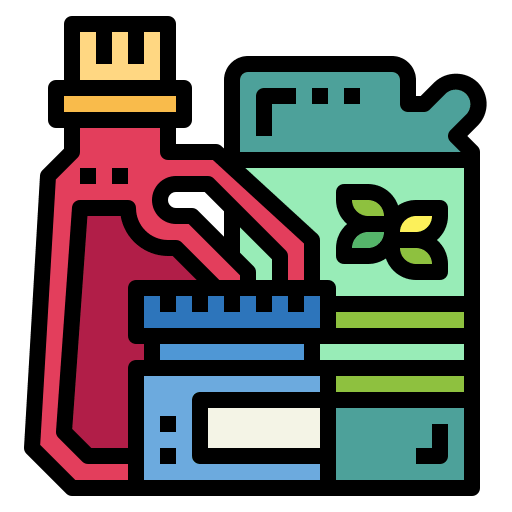



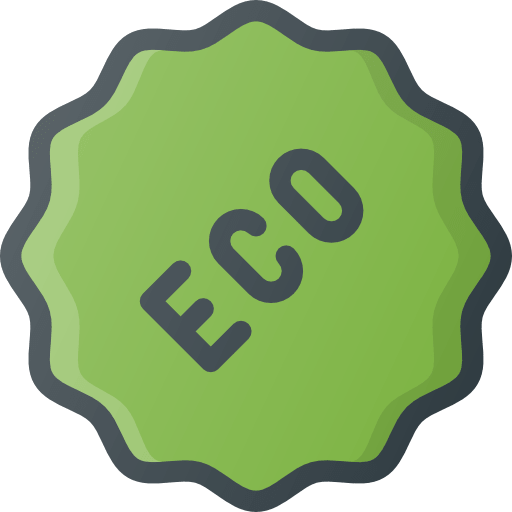


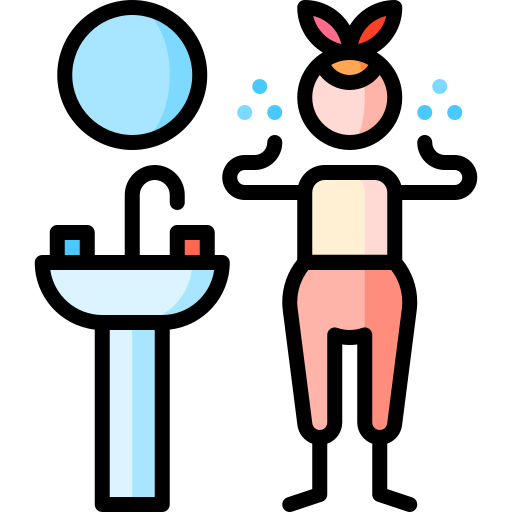

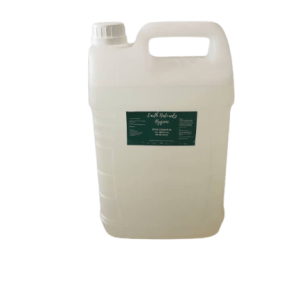
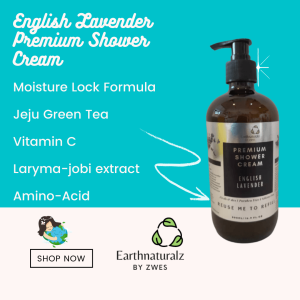
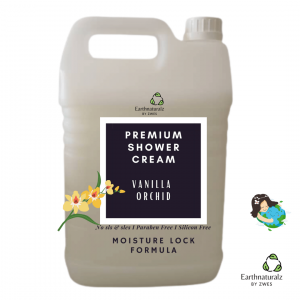
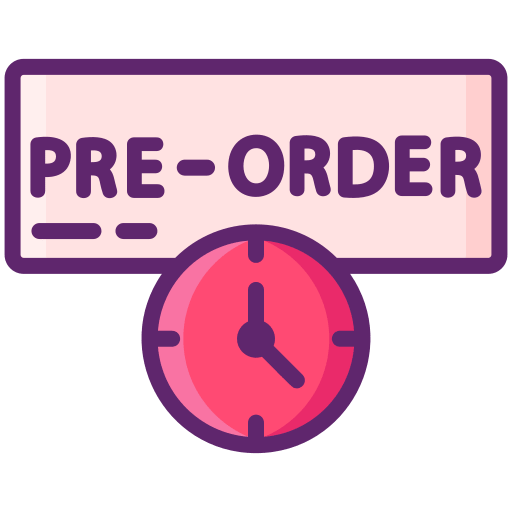




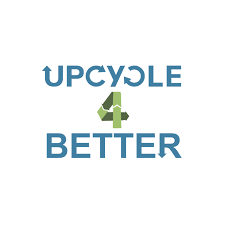


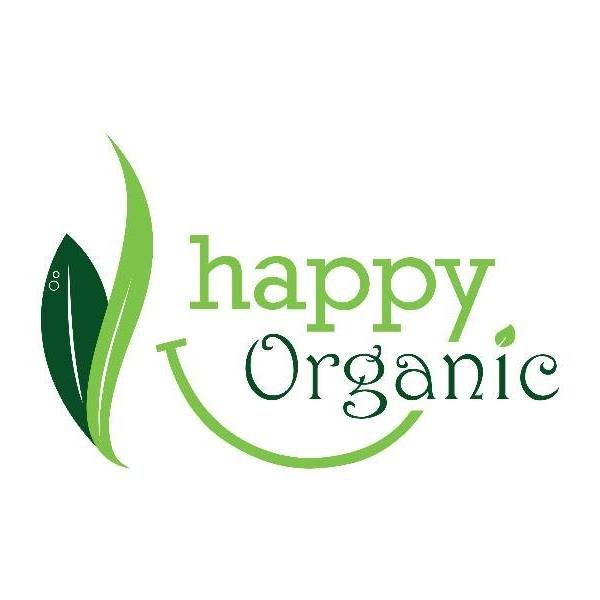
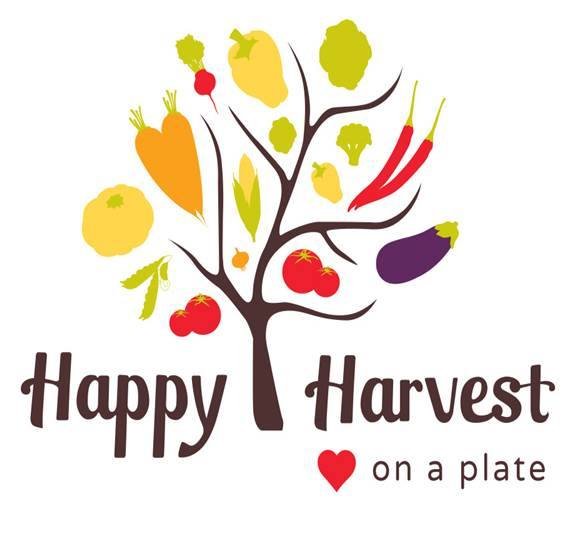
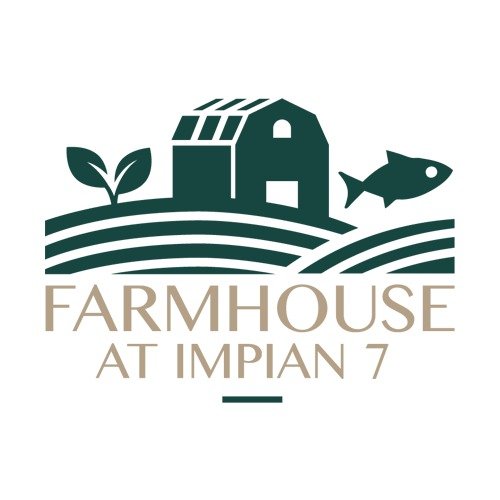
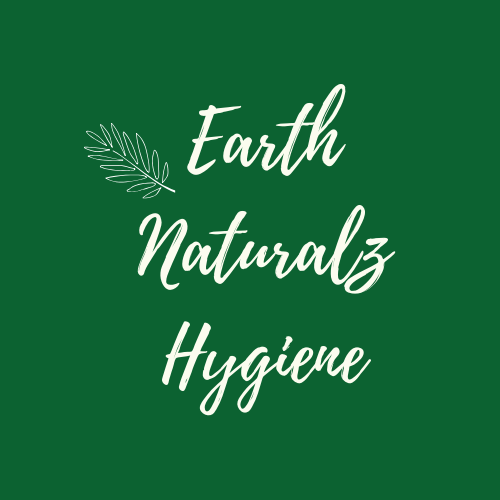



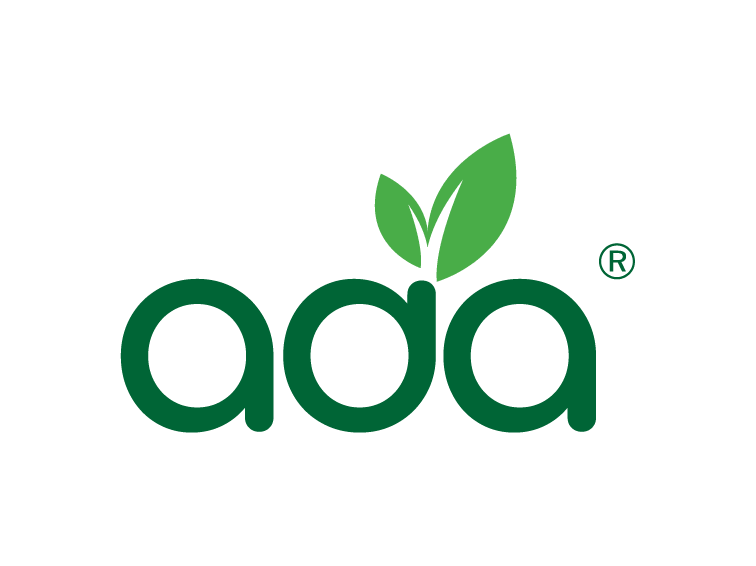
I work at a Walmart. They too have adopted a circular e onomy policy. They have set a goal to reach zero waste by 2025. The policies look good on paper but in reality it’s doesn’t look so good in action. At least in the store that I work .it is frustrating to see all the recyclable and reusable waste ending up in the trash compactor. The worst part is that nobody really care what happens to the garbage/ waste/ recyclable etc..
Yes, it is a collective action. Not only to look good on policies and reporting